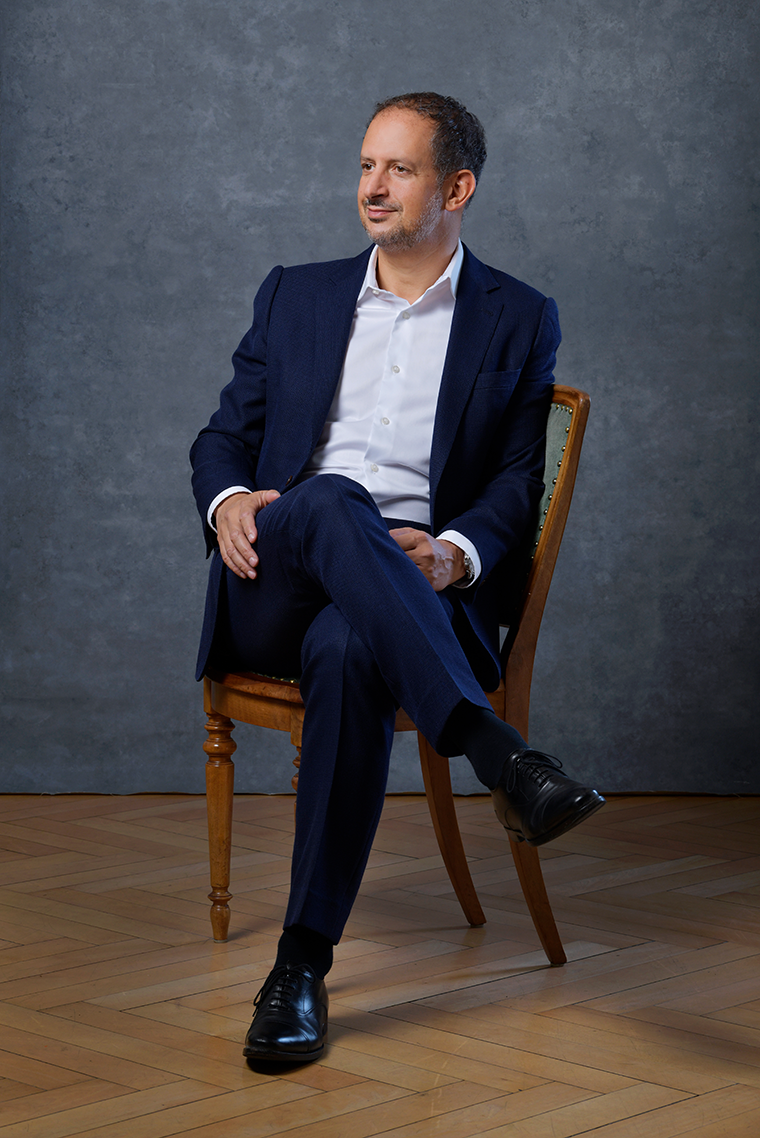Philipp Rickenbacher
My decision to study at ETH Zurich was more of a hunch than a clear decision. I thought this was the only time in my life I would be able to study the natural sciences. This proved to be true, because I started working during my studies, and then ended up in banking.
Fast-forward to today and I still have several points of contact with ETH. Some of my close friends are alumni and people I met while I was studying there. In my last position at Julius Baer, I noticed many topics that have a connection with ETH — whether it’s ESG (Environmental, Social, and Corporate Governance), fintech, or cybersecurity.
During my global travels, I’ve noticed that ETH is such a signature element on a CV or business card. It’s probably one of Switzerland’s greatest exports. ETH is an outstanding school for thinking independently, as well as developing subject-specific expertise. People who studied at ETH have a unique ability to look at the world through a critical lens and solve problems pragmatically.
When it comes to the institution’s success, the question is not whether ETH will be successful – rather how it can be even more successful. The answer for me lies in the positive effect of ecosystems, where networks are used to the benefit of all participants. In banking, I have learned that the best relationships are those in which all parties can benefit from each other and in which ideas thrive through interaction and the mutual challenge of different points of view. This applies to our idea of connecting clients with each other and with our own network of in-house and external experts, and of increasingly co-creating solutions together. It also applies to internal collaboration, where I see multi-disciplinary teams coming up with better approaches (and having more fun) than when everybody is working in silos.
True insight emerges only when you bring together different perspectives and combine the best of all worlds in a problem-solving process. As an academic institution and a source of knowledge for generations, ETH has a key role to play. It is important that this expertise finds its way from academia to the practical world. The world’s problems are too complex for a single party to resolve them alone. Academic insight and its application can only emerge successfully if we bridge these different worlds.
Personally, I am as keen to connect with other ideas and industries as I am to provide opportunities for people to learn about my world. The ETH Circle has the power to foster that type of exchange in order to become a vibrant and value-adding community, not just in the realm of science but by extending its reach to the broader economy. By doing that, it will unfold its potential and truly touch the lives of the people who live and work in that real economy and thereby have an impact on the world.

Patricia Schramm

Mariko S. Bürgin
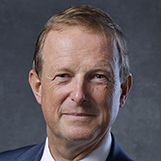
Christophe Gence
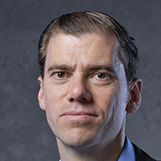
Adrian Krebs
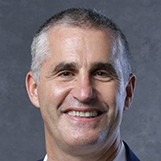
Felix Graf
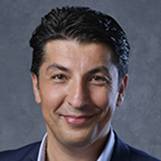
Garif Yalak
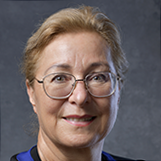
Jeannine Pilloud
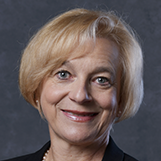
Kathrin Amacker
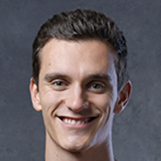
Luca Di Tizio
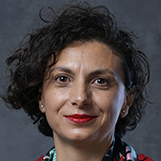
Margherita Fontana
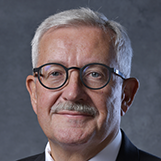
Martin Dahinden
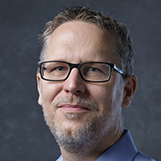
Matthias Bossardt
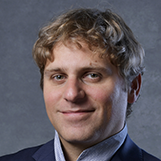
Pascal Kaufmann
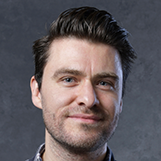
Philip Reichen
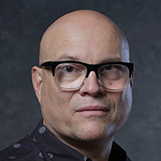
Lukas Fitze
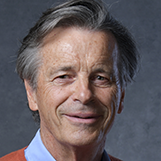
Hans Gut
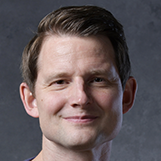
Fabian Unteregger
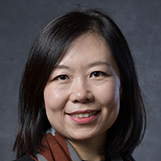
Mulan Sun Buschor
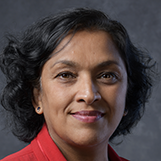
Shanthi Flynn
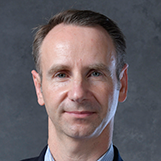
Patrick Anquetil
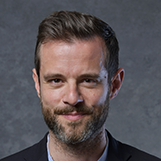
David Becker
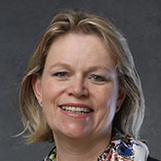
Anette Freytag
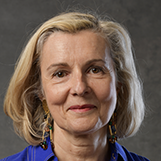
Francine Käch
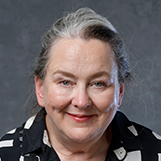
Susan Kish
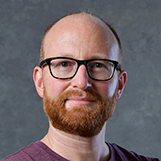
Daniel Naeff
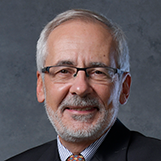
Daniel Schaufelberger
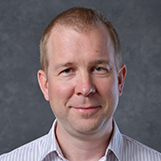
Felix Seidel Caprez
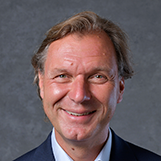
Ogi Stanovcic
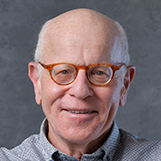
George Szpiro
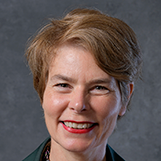
Cathrin Trebeljahr
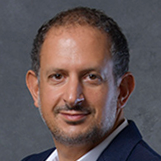
Philipp Rickenbacher
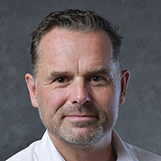
Martin Bosshardt

Nicoletta Piccolrovazzi
